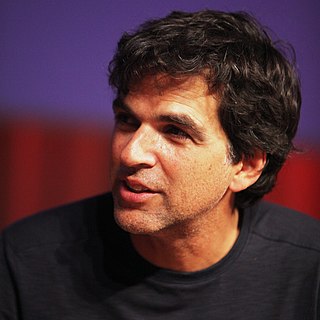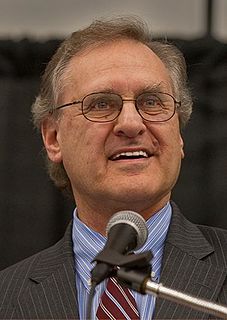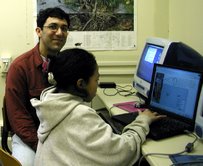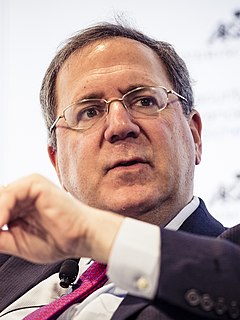A Quote by Patrick Chappatte
Related Quotes
I've made a profound transformation. I've fashioned some cyber-underwear. I'm not scared of anything! Actually, I am scared of a few things. Cyber world is a world of adventure, a new galaxy. I'm big on adventure. But I don't assume that just because the word cyber is being used as a prefix, doesn't give it anymore value or credence. Cyber relationships have the illusion of intimacy, sometimes with the absence of intimacy. Is it better to have a conversation in a café or on the telephone?
And now South Africa has finally woken up and it is doing great things. And if South Africa becomes the template to what AIDS is in the sub-Saharan continent, then all the other countries are going to follow suit. And Michel Sidibe, who spoke at the breakfast meeting this morning, was saying that there is so much hope for Africa now that South Africa has got its house in order.
When I was home, traditionally since I was young, I'd write in cafés. That was the romantic notion in 1963. Café atmospheres back then were different. The café life really stemmed from the Parisians' idea of it, with poets struggling over their poems and drinking coffee. No music, no sounds, maybe a little jazz, or soul, but mostly nothing. Now you go into a café and the music is really loud, people are having business meetings, they are on their cellphones. It changes from generation to generation.
In Africa, you often see that the difference between a village where everybody eats and a village where people starve is government. One has a functioning government, and the other does not. Which is why it bothers me when I hear people say that government is the enemy. They don't understand its fundamental role.
Occasionally they came to villages, and at each village they encountered a roadblock of fallen trees. Having had centuries of experience with the smallpox virus, the village elders had instituted their own methods for controlling the virus, according to their received wisdom, which was to cut their villages off from the world, to protect their people from a raging plague. It was reverse quarantine, an ancient practice in Africa, where a village bars itself from strangers during a time of disease, and drives away outsiders who appear. (94)


































